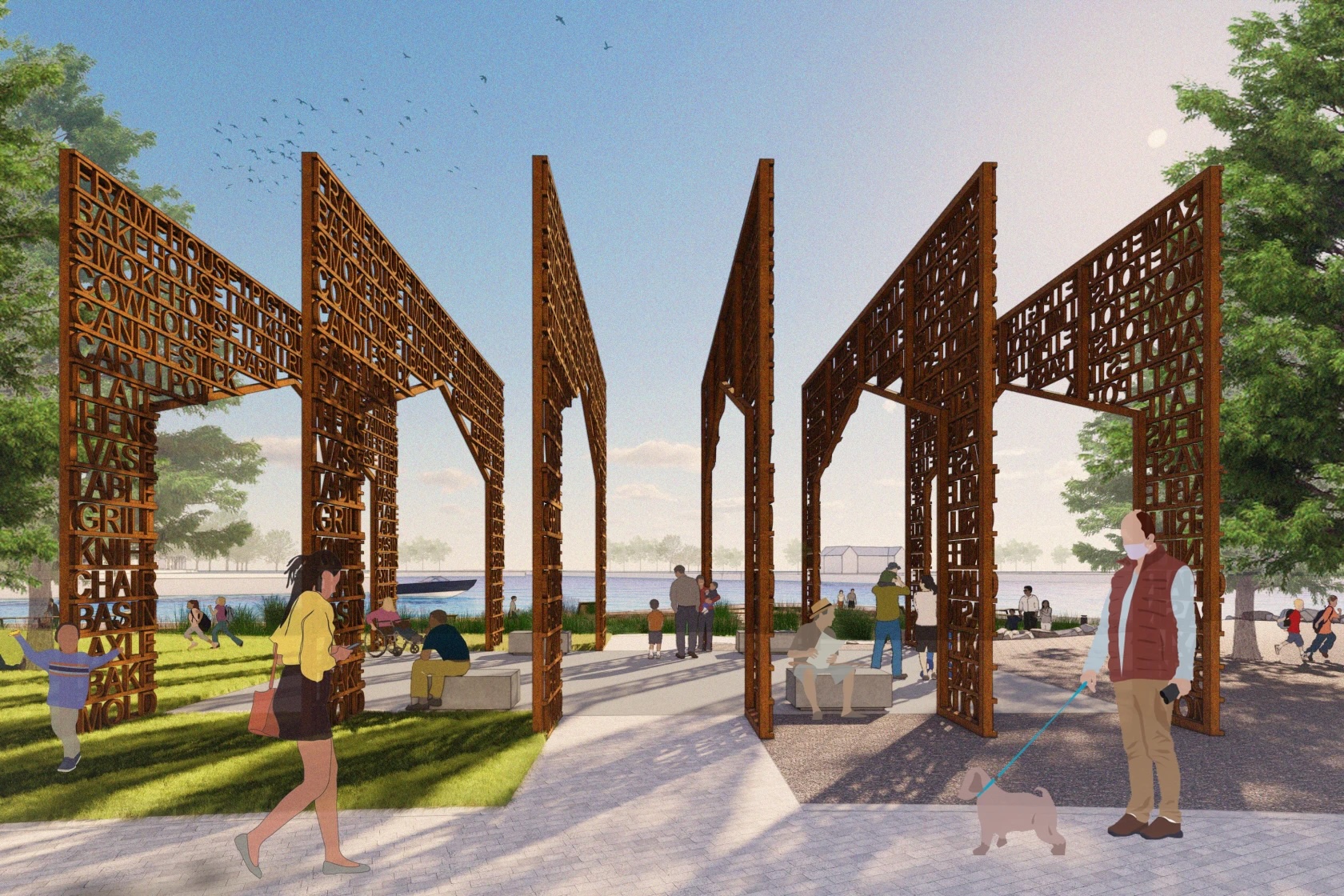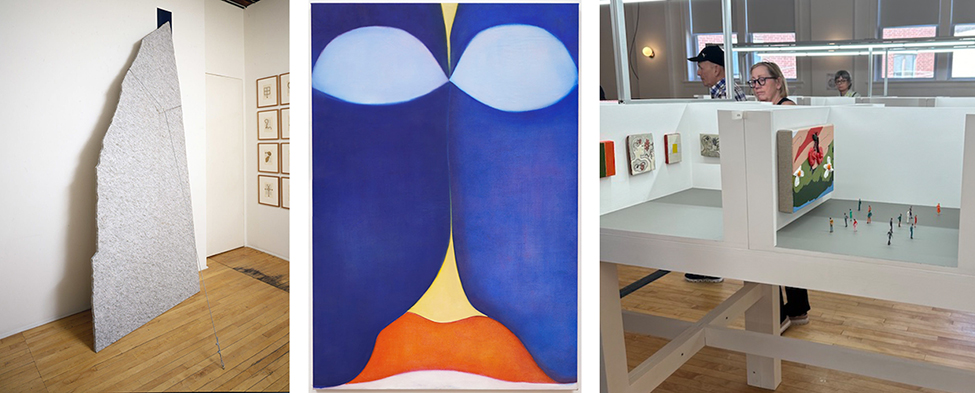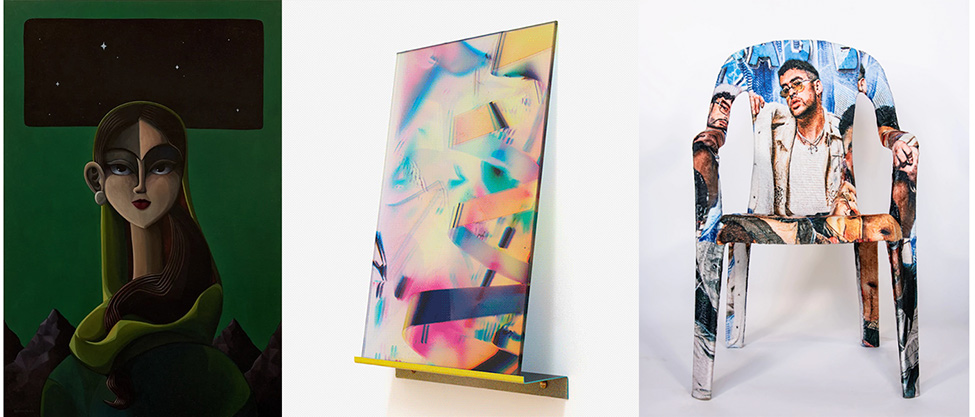BRAID/WORK: Fatima Traore and Sarah Beth Woods

By ALISON REILLY
This Sunday May 15, the Arts Incubator at the University of Chicago will be hosting an event celebrating the collaboration between Fatima Traore, a Malian-American professional hair braider, and Sarah Beth Woods, a Chicago-based sculptor. The two met at a hair braider’s summit in 2013 and quickly developed a friendship, which eventually lead to their current project BRAID/WORK.
Woods approached Traore at the summit and asked to braid her hair, and Traore happily agreed. Woods, a Caucasian woman, was hesitant about wearing cornrows because of the implied cultural appropriation, she noted on a recent episode of the Barber Shop Show, hosted by Richard Steele. However, she greatly admired Traore’s techniques, and eventually, it provided both artists the opportunity to explore and celebrate the complexity of hair braiding traditions.
Traore immigrated to New York City to become an architect, but she said in the interview, “Life brought my talent out.” She moved to Harlem and began learning American style hair braiding techniques, which differed from what she had been taught in Mali. She recalled that, “One client came to the salon, she wanted one big braid. It was so funny to my eyes, I went to the shop owner and said, ‘One big braid, most of the time [in Mali] we do it on dead people, but she’s alive and she’s requesting it!’ She said, ‘Well, this is America, just do it!’ It was very frightening. It was eye-opening for me.” Traore remarked that in Mali hair braiding often designates social and economic status, while in the United States any style can be used at any time.
Woods, on the other hand, is a sculptor interested in the relationship between artifice and nature. She spent two years teaching at a school in Ashburn, where she was intrigued by the visual landscape of barbershops and beauty salons on every other corner. She now spends hours looking through dollar stores and beauty supply stores incorporating hair weaves, hair buns, and nail tips into her work.

Traore and Woods are currently artists-in-residence for the Crossing Boundaries program sponsored by the University of Chicago. The opportunity to continue their collaboration has resulted in an exhibition that will be opening on July 8 at RootWork Gallery, a new gallery space in Pilsen.
Tracie D. Hall, Deputy Commissioner for DCASE who curated the exhibition, writes:
When I first heard about Sarah Beth Woods' and Fatima Traore's collaboration across culturally distinct but somehow resonant personal narratives of being born into lines of “hairdresser” and craftswomen of German-American homesteader and Malian medicine-maker heritage, I championed their union long before I saw even one piece of work. By the time I viewed their portfolio I knew that they were still in the beginning stages of what they could potentially do together. The potential for their art practices (one studio-centered and the other based in a braiding salon) to influence each other and indeed to create a cross-dialogue between artists that work in hair and those that work in fiber--is extremely exciting and is in my opinion, a primary goal for this work.
Hall also hopes that through supporting the partnership between Traore and Woods, she can foster further collaboration between artists who come from fine arts backgrounds with those who have not have formal artistic education. These types of collaboration initiate meaningful engagement between diverse cultural communities in Chicago, who may have similar interests but often do not find opportunities to engage with each other.
For more information about the collaboration visit: BRAID/WORK.
Listen to the Barber Shop Show’s interview with Traore and Woods here.
Top image: BRAID/WORK | Sarah Beth Woods and Fatima Traore | Photo documentation: Cecil McDonald Jr. | 2016
Note: The opening reception for BRAID/WORK will take place on Friday, July 8 from 6:30-9pm. The date has changed from June 10.






